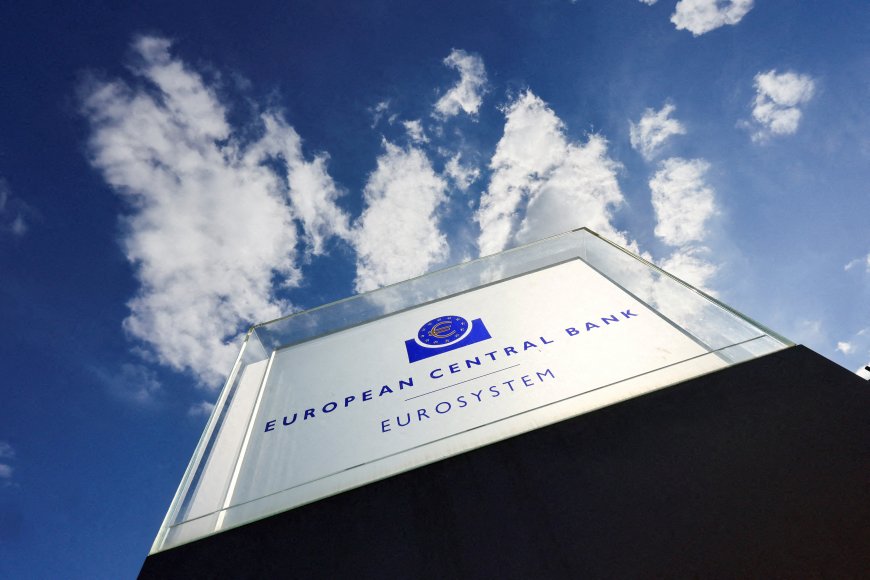Eurozone Inflation Eases

Frankfurt, Germany – Inflation in the 20-nation eurozone moderated slightly to 2.5% in June, marking a slight decrease from 2.6% in May but still above the European Central Bank's preferred target. This development comes amidst cautious economic sentiment and the ECB's recent decision to cautiously lower its benchmark rate by a quarter-point to 3.75% in early June.
The recent figures, released Tuesday, provide a mixed outlook for the European economy, which has been grappling with persistent inflationary pressures. Inflation in service prices remained unchanged at 4.1%, indicating continued challenges in key economic sectors.
European Central Bank President Christine Lagarde underscored the need for vigilance in her recent address at an ECB conference in Sintra, Portugal. She emphasized the importance of ensuring inflation remains firmly under control before considering further rate adjustments. Lagarde acknowledged uncertainties in the eurozone's economic growth but highlighted a resilient job market with low unemployment levels as positive indicators.
Despite these cautious adjustments, higher interest rates have notably impacted credit-sensitive sectors such as real estate and construction. Mortgage rates have risen, marking an end to the prolonged rally in house prices across the eurozone. However, the higher rates have provided relief to savers who faced negative interest rates in recent years.
Analysts anticipate that the ECB will likely maintain its current rates at its upcoming meeting on July 18, with discussions potentially shifting towards the bank's September session for further policy adjustments. The decision-making process, according to Lagarde, will be data-dependent and evaluated on a meeting-to-meeting basis.
The European economy has faced challenges in recent quarters, characterized by near-zero growth rates. While recent economic indicators, including S&P Global's purchasing managers' index, suggest a contraction in manufacturing activity, there are signs of gradual economic stabilization.
The inflationary pressures that initially surged due to higher energy prices following geopolitical tensions, particularly Russia's supply cuts amid the Ukraine conflict, have gradually moderated. This has allowed for a cautious optimism regarding the economic outlook, supported by recent labor agreements and wage increases that have bolstered consumer spending power.
In conclusion, while the eurozone navigates through these economic uncertainties, the ECB remains focused on striking a delicate balance between containing inflation and supporting economic growth. The upcoming months will provide further clarity on the trajectory of European monetary policy amidst evolving global economic conditions.













































